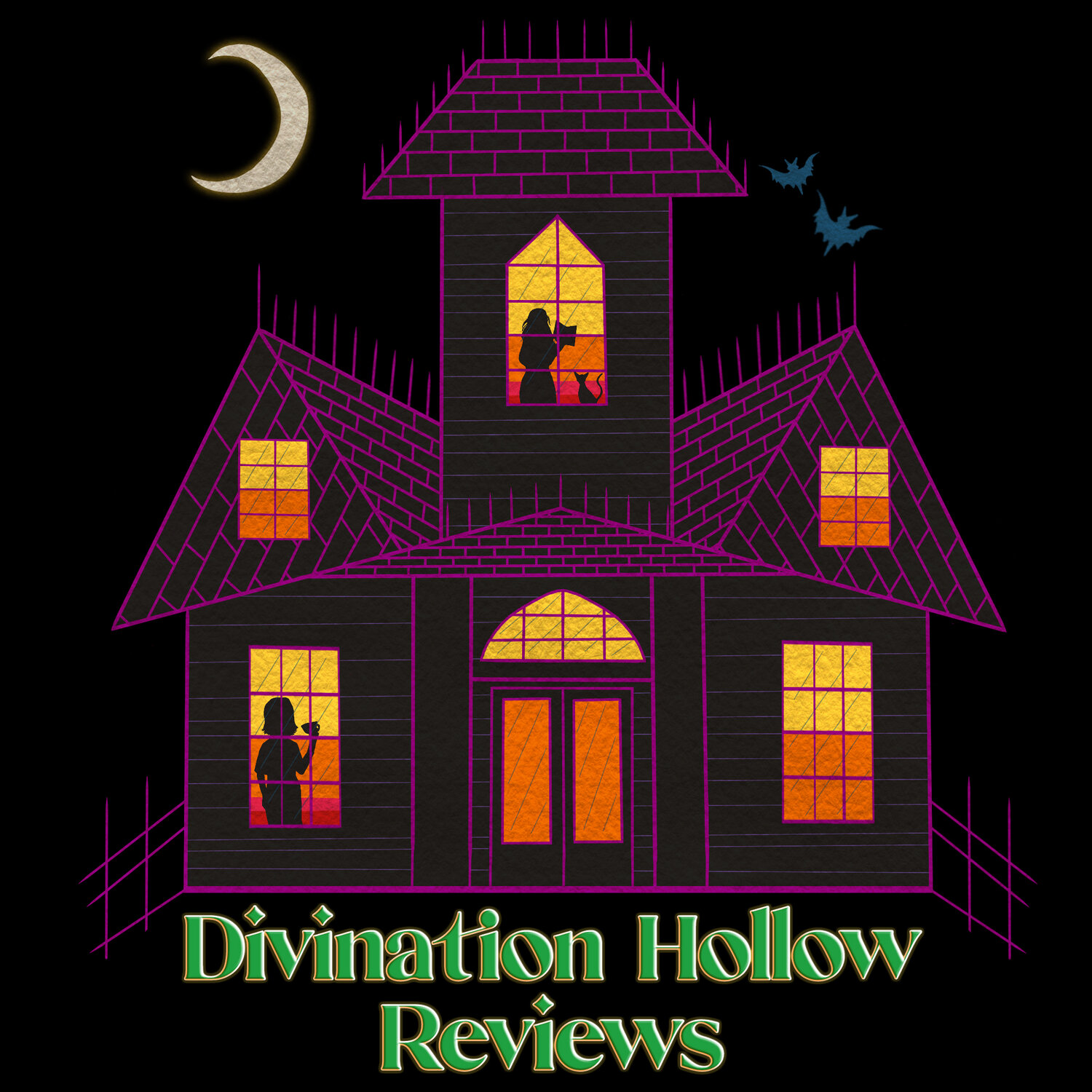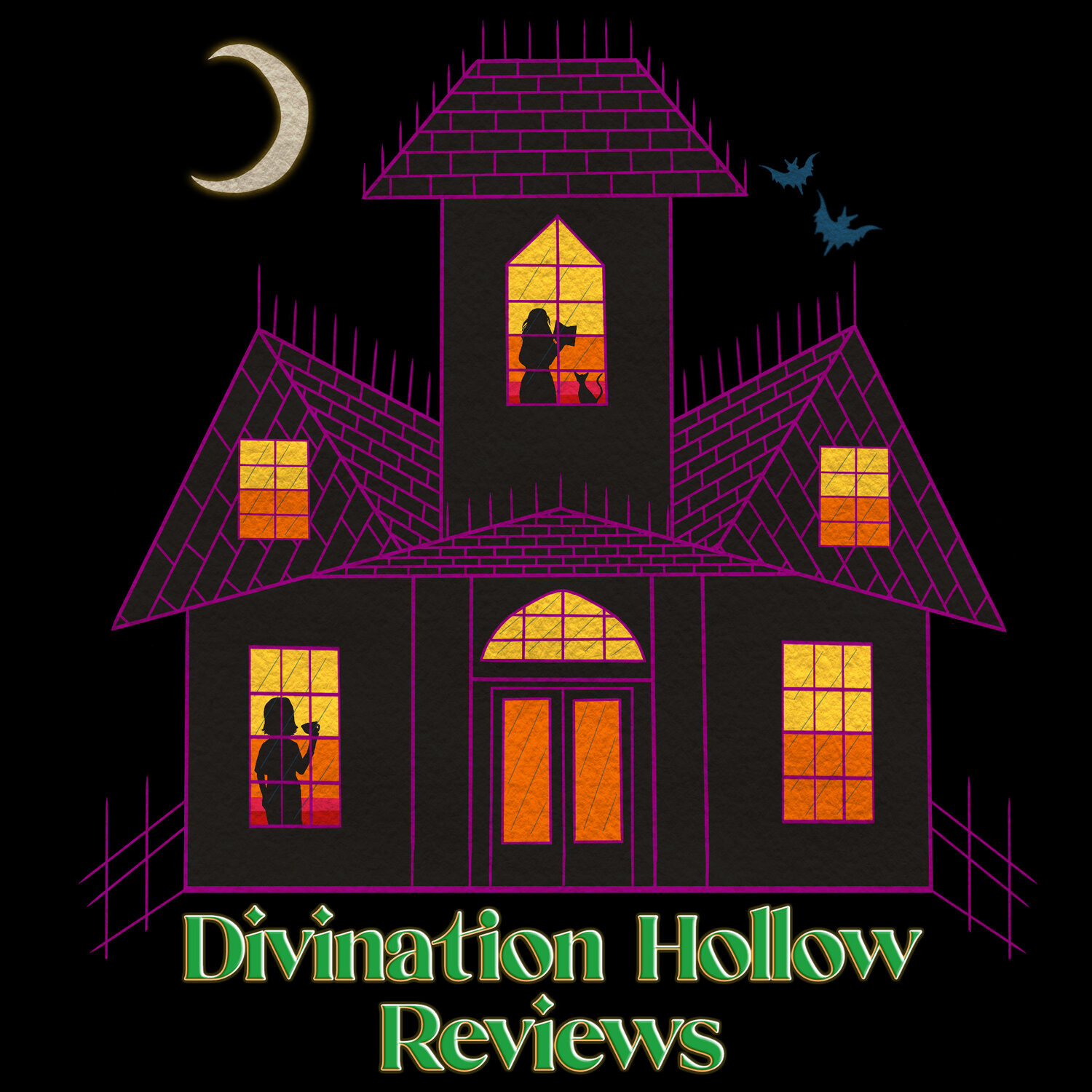[Pride In Horror Month] - The Animals Are Coming Out: Internal Queerness Versus External Monsters
(Note: spoilers for Chantal Beaulne’s excellent horror flash fic, “The Animals Are Becoming”)

In recent Pseudopod-published story “The Animals Are Becoming” by Chantal Beaulne, our narrating character discovers their cat, called Mittens, is learning to walk on two legs. Good for laughs, they originally think. Soon they notice other animals changing their behavior, becoming more human. What was funny is now everywhere, and it alarms our narrator the more unusual their cat’s behavior becomes.
My immediate reaction midway into this 500 word story was to see a queer narrative. Cast the narrator/pet owner as parent, the cat as child, and other animals as the growing queer community. Speculation runs rampant. People wonder why the animals are acting so strange. Replace that with any member of the LGBTQIA+ community. We were always here. We were quieter, sometimes even to ourselves.
Because there are monsters.
Horror stories that pit protagonists against external foes have sometimes been considered immature or simplistic, that true horror means asking “What if we’re the monsters?” I can see why. Protagonists vs monsters sits a hair away from us vs them, a potentially othering narrative construct.
But consider this: we’re finding new ground in these narratives for queer horror.
Queer folk have been thrust into the monstrous roles in straight narratives aplenty—Carmilla, The Silence of the Lambs, and so forth—and it goes beyond horror stories. Are we the monsters? We haven’t had a choice; even when not openly gay, there are queer-coded villains aplenty in the Disney animated canon alone.
Been there, done that. Nowadays many of us play the monsters happily, and I’ve written us into short fiction as vengeful creatures of the night more than once. We were forced into those roles and have adapted to them.
But that’s apart from someone asking, “What if we’re the monsters?” Yes, some of you fucking are. Finding monsters is not speculative fiction for us queer folk. All it takes for us is the wrong trending word on Twitter, or worse, a slip from heteronormativity on the city bus. There’s no reason to re-internalize that monstrousness if we don’t want to. Romance writers have discovered new life in old tropes when planted in a queer garden. Horror is no different.
Picture this: Two men love each other, but they try not to show it in public. Same reason you try not to fall asleep if you’re a teen on Elm Street—that brings a monster. And the victims get the blame because they “should’ve known better.”
Picture this: A trans woman heads into a public restroom, but she’s not as alone as she deserves to be. There’s someone following her, and unlike the creature in It Follows, everyone can see this one. But she can’t rely on bystanders to help; that’s rolling the dice with her life.
An ordinary person living their life is beset monsters. It’s a simple narrative, sure. It’s a queer narrative. Again, it’s the city bus. It’s in restrooms you pass by every day, or inside the house next door. Maybe it’s your home, and YOU, and you’re nodding along to this article while someone else goes, “What the hell are you talking about, Hailey? All you gays got rights now!”
Ask any POC, straight or queer; it’s never that simple. So we queer horror writers may write ourselves stitched into monsters, but sometimes we also need to summon the demons we’ve faced onto the page. Some of us are lucky to only face them here and there. Others face them daily, thick as blood with them as Toni Colette’s character Anne with her mother in Hereditary. Sometimes we get jabbed little by little, a curse growing until we snap, and then we’re cast as the monster again, round and round we go. Anxiety over all these possibilities permeates life, many of us often wondering when we’ll slip up in this Invasion of the Body Snatchers scenario.
So maybe that us vs monsters narrative isn’t as deep as wondering at the monstrousness within, but it’s genuine, and straightforward narratives make no promises of happy endings.
Back to “The Animals Are Becoming”. The narrator banishes his cat from the home—I see gay kids made homeless because their parents wouldn’t accept them. The cat uses a razor at night to shear away his hair—I see a trans woman trying to undo unwanted attributes of puberty, while the narrator calls this a habit that goes against the cat’s very nature. Later, he changes his name from Mittens and is then referred to as the Cat, and he’s called “it”—I think that one’s obvious.
The Cat never does anything approaching harm to another living soul, only ever wants to have a loving home and to live his best life.
But that isn’t what the Cat receives.

By Hailey Piper (she/her)
Site: www.haileypiper.com
Twitter: @HaileyPiperSays
Hailey Piper is the author of Benny Rose, the Cannibal King and An Invitation to Darkness. She is a member of the HWA, and her short fiction appears in Daily Science Fiction, The Arcanist, Flash Fiction Online, and Year's Best Hardcore Horror. She lives with her wife in Maryland, where she haunts their apartment making spooky noises.

